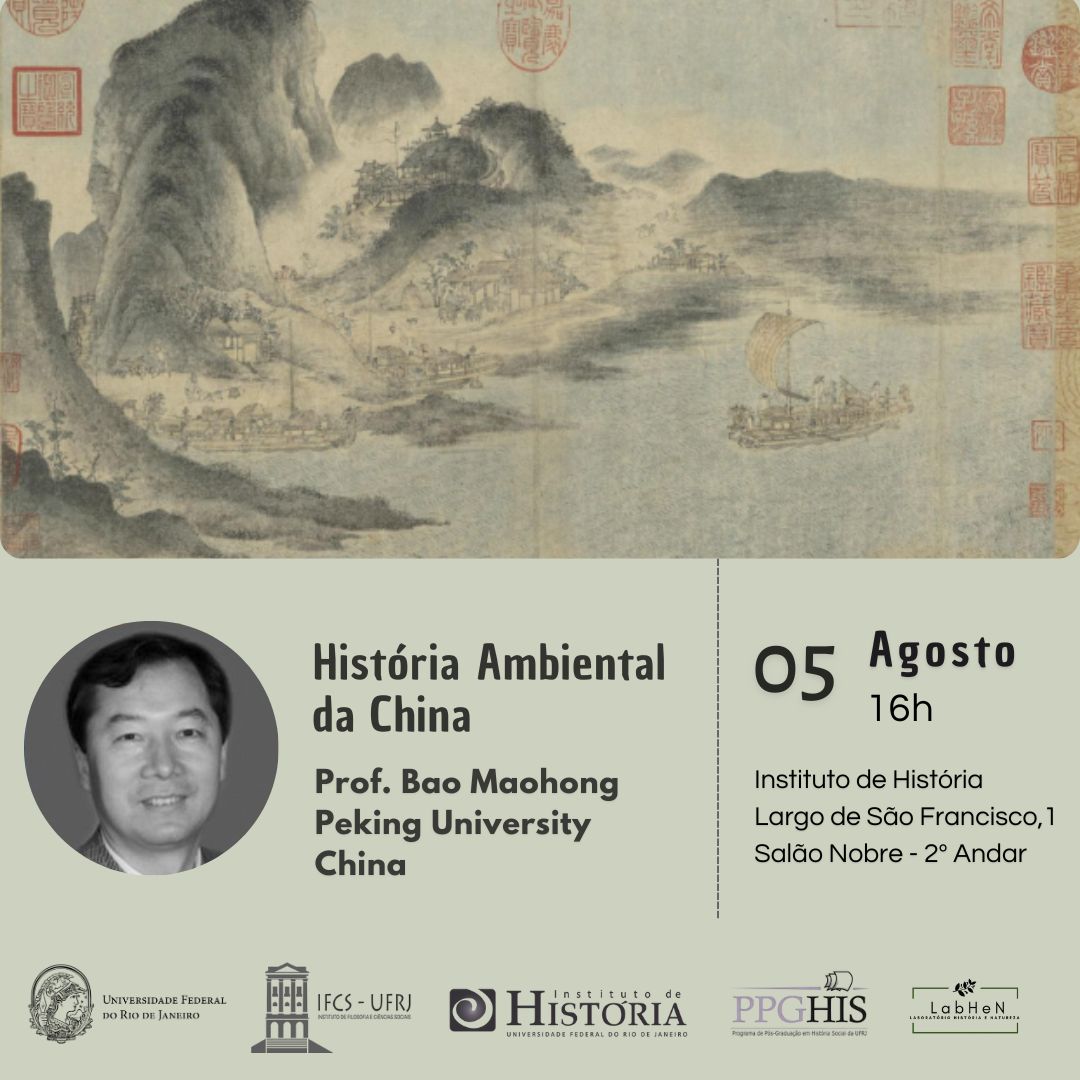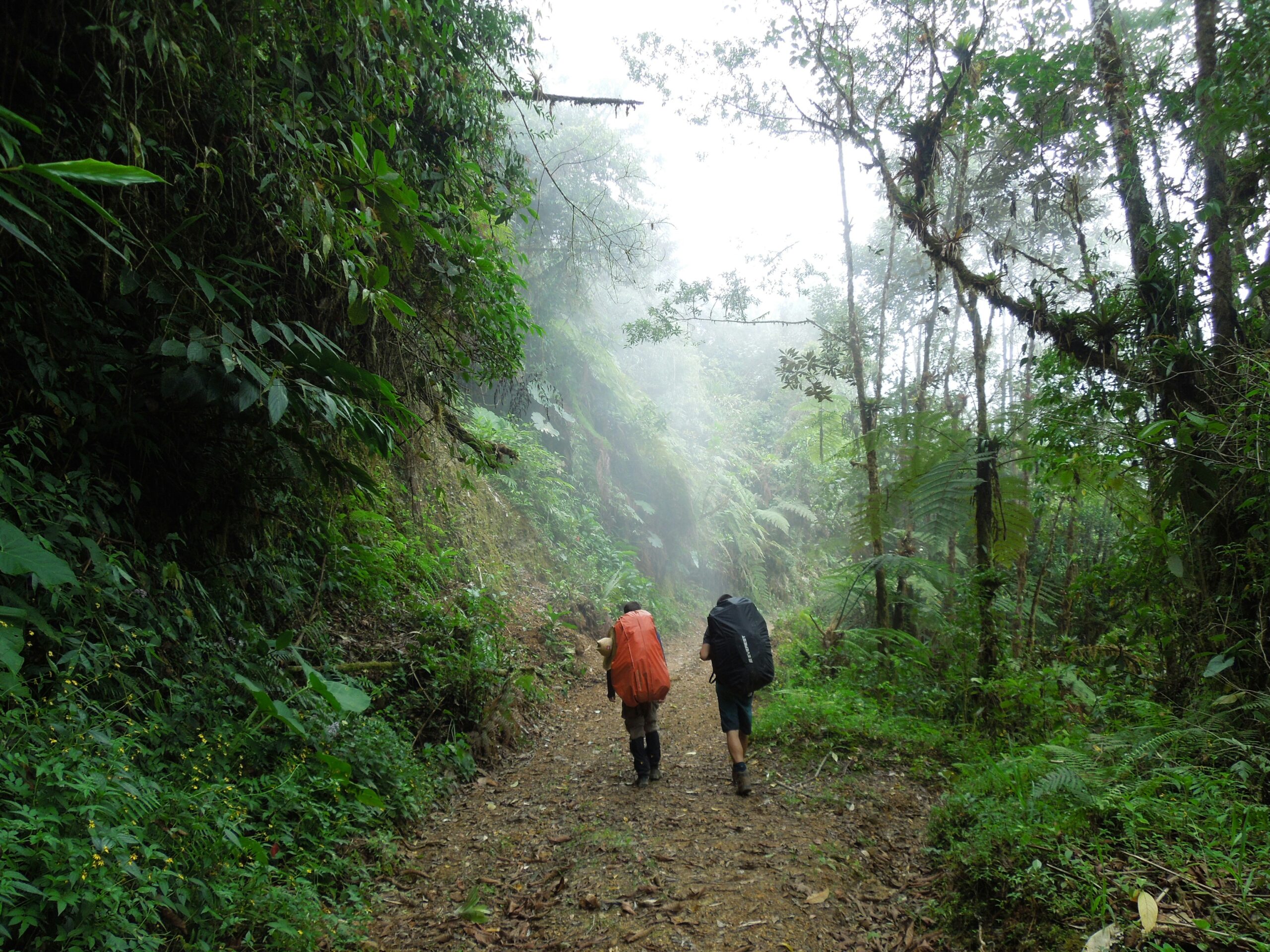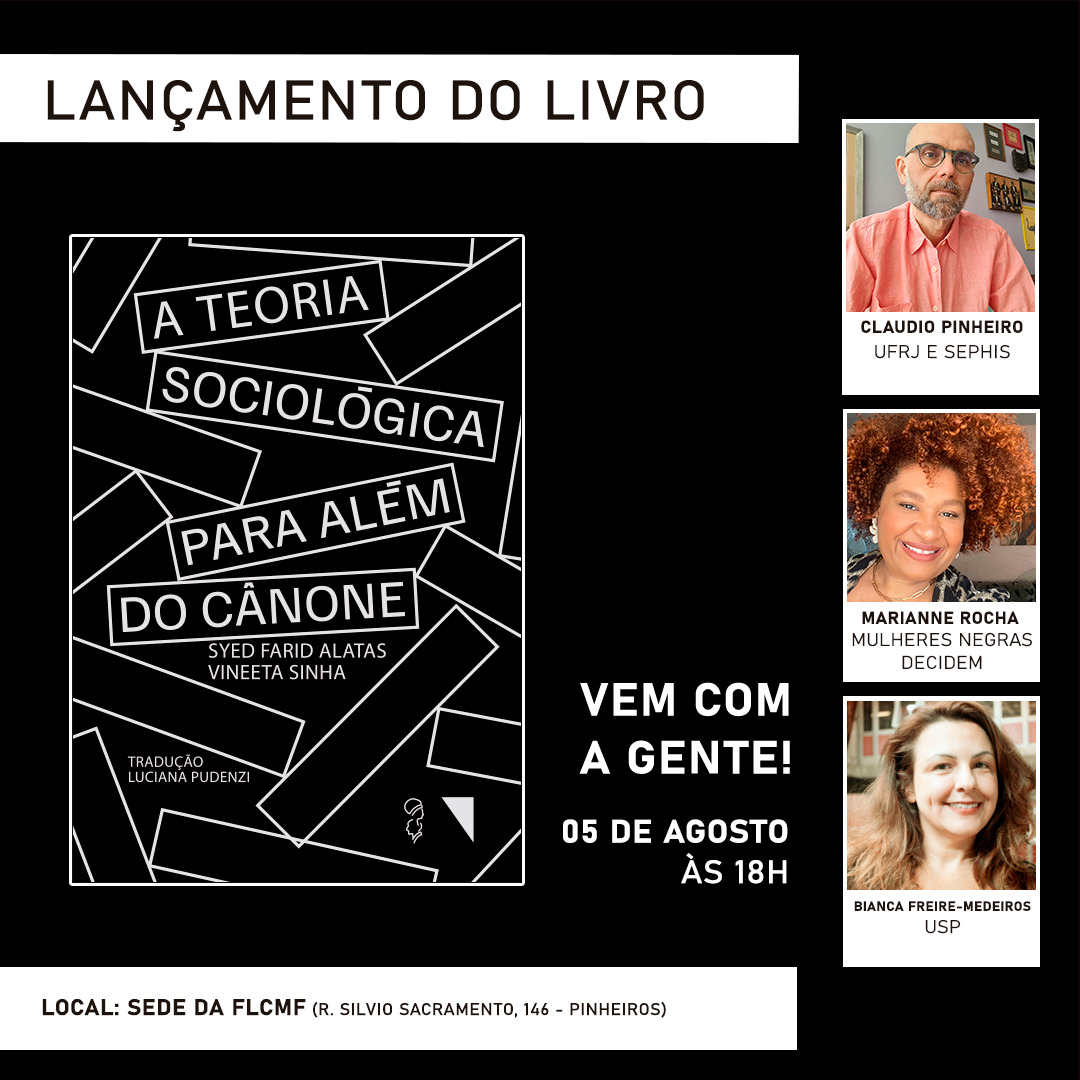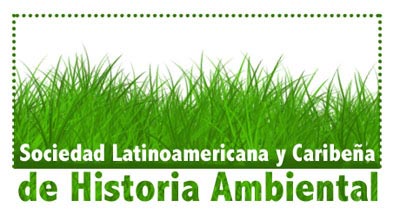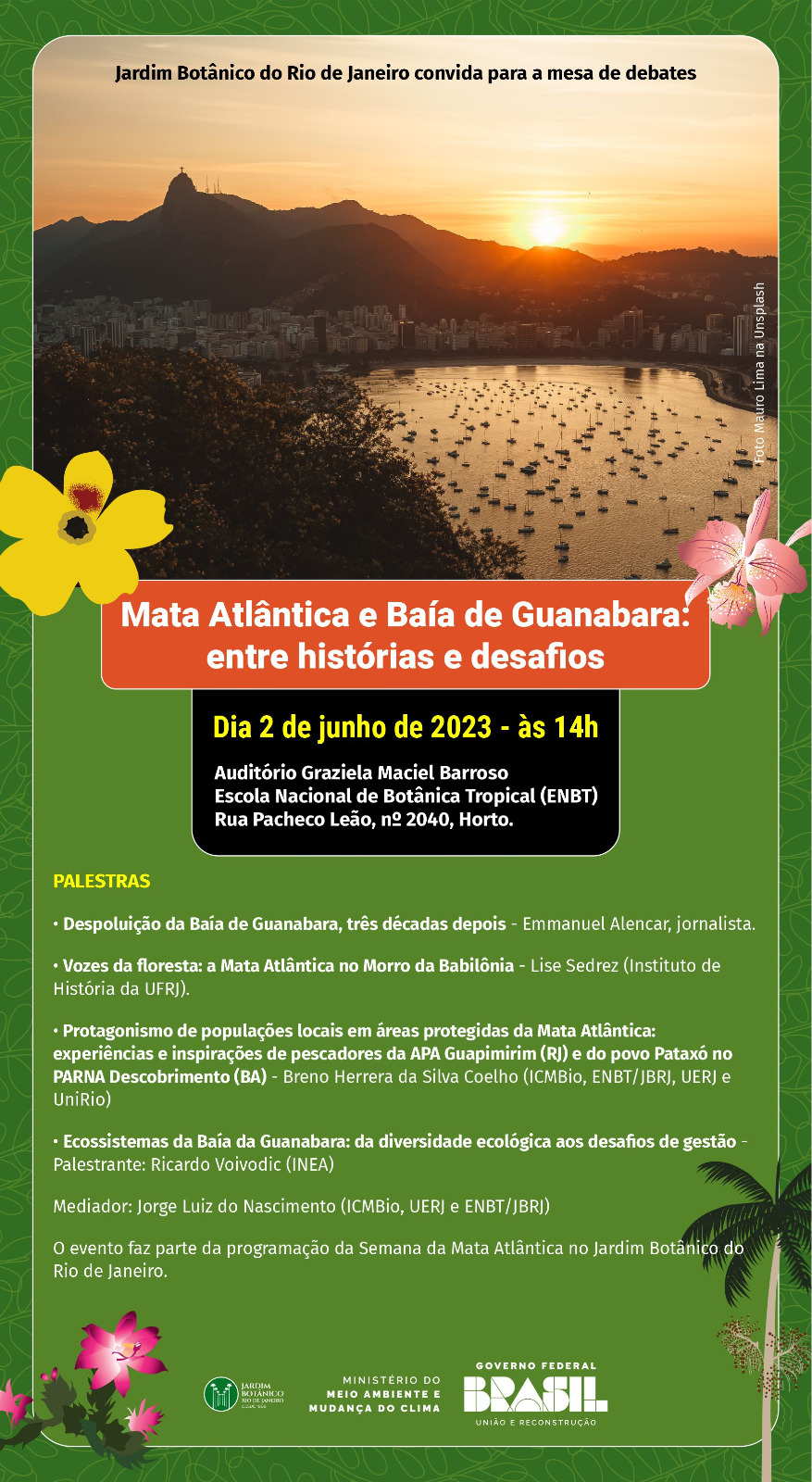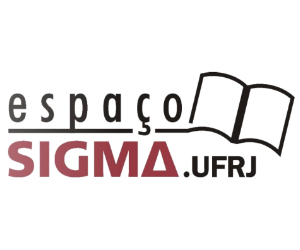On next Friday, June 2nd, the syposium Environmental Impact of the Portuguese Empire begins at the King’s College, organized by Francisco Bethencourt, with the presense of José Augusto Pádua.
Live broadcasting at KODLA7425.
Environmental Impact of the Portuguese Empire
Programme June 2-3 King’s College London, Strand, Anatomy Museum (King’s Building floor 6). Organised by the Charles Boxer Chair of History with the support of the Camões Institute (Portugal) and the Observatory of Democracy in Latin America
Atlas Miller, 1519, Bibliothèque Nationale de France
Friday, June 2
10h00: Opening session – Francisco Bethencourt (KCL)
I. Origins and Infra-structures
Chair: Chloe Ireton (UCL)
10h10 Gabriel de Avilez Rocha (Brown University) –
Expansion Reconsidered: Eco-Material and Political Transformations in Fifteenth-Century Atlantic Corridors
10h30 Koldo Trápaga Monchet (Universidad Rey Juan Carlos) –
Conservation or destruction? Revisiting the environmental impact of the shipbuilding industry of Lisbon and the sugar industry in Madeira Island (15th-17th centuries)
10h50 Amélia Polónia (Universidade do Porto) –
Environmental impacts of the historical uses of the seas. The Portuguese seaports, 1500-1800
12h00 LUNCH
II. Panel of discussion
Chair: José Vicente Serrão
13h30 Cátia Antunes (Leiden University); Sujit Sivasundaram (University of Cambridge); Tiago Saraiva (Drexel University) [via Zoom]; Toby Green (KCL); Francisco Bethencourt (KCL)
III. Indigenous and Environmental Rights
Chair: Francisco Bethencourt
15h00 José Pedro Monteiro (CESC, Universidade do Minho) –
Economic development, political integration, cultural and environmental preservation: the promises of Portuguese late colonial reformism (1961-1970)
15h20 José Miguel Ferreira (ICS, Universidade de Lisboa) –
Into the Woods. Nature, Forests and Colonialism in 19th Century Goa
16h00 BREAK
16h30 José Vicente Serrão (ISCTE-IUL) –
Colonization, Native land rights and environmental issues: how did all these intersect in the early modern Portuguese empire?
16h50Décio Guzmán (Universidade Federal do Pará) –
Indigenous communities in the Amazon [via Zoom]
Saturday, June 3
IV. Brazil
Chair: Susana Münch Miranda
10h00 José Augusto Pádua (Universidade Federal do Rio de Janeiro) –
Perceptions of environmental deterioration in late Portuguese America
10h20 Diogo de Carvalho Cabral (Trinity College Dublin), Ana Lunara Morais (Rio Grande do Norte Federal University/Campina Grande Federal University), Cristiane Barreto (University of Brasília) –
Geoecologies of empire: space, natural resources and the making of the sugar nobility in colonial Brazil
11h00 BREAK
11h30 Miguel Carmo (IHC, Universidade Nova de Lisboa), Joana Sousa (CES, Universidade de Coimbra), Ricardo Ventura (CEG, Universidade Aberta) –
The strange case of white rice in Maranhão: the plantation and its contraries from a long-term transatlantic perspective
11h50 Vinicius de Carvalho (King’s College London) –
The long-term impact of mining in Minas Gerais
12h30 LUNCH
V. Africa
Chair: Alexandra Lourenço Dias (KCL Camões Centre)
14h00 Susana Münch Miranda (Universidade Nova de Lisboa) and João Paulo Salvado (Universidade de Évora) –
Ivory extraction and trade in the Portuguese South Atlantic empire, 1725-1820
14h20 Marta Macedo (IHC, Universidade Nova de Lisboa) –
São Tomé plantation ecologies: vulnerabilities and disruptions
15h30 BREAK
16h00 Barbara Direito (CIUHCT, DCSA, NOVA School of Science and Technology) –
“Islands in a sea of flies” – livestock, animal disease and the environment in Mozambique, 1900s-1940s
16h20 Bernardo Pinto Cruz (Universidade Nova de Lisboa) –
The developmental effects of late-colonial coercion: countersubversion at Cunene (Angola) and Cahora Bassa (Mozambique), 1968-1974
Concluding remarks:
Cátia Antunes (Leiden University)Contact Email: francisco.bethencourt@kcl.ac.ukURL: https://www.youtube.com/@kodla7425

